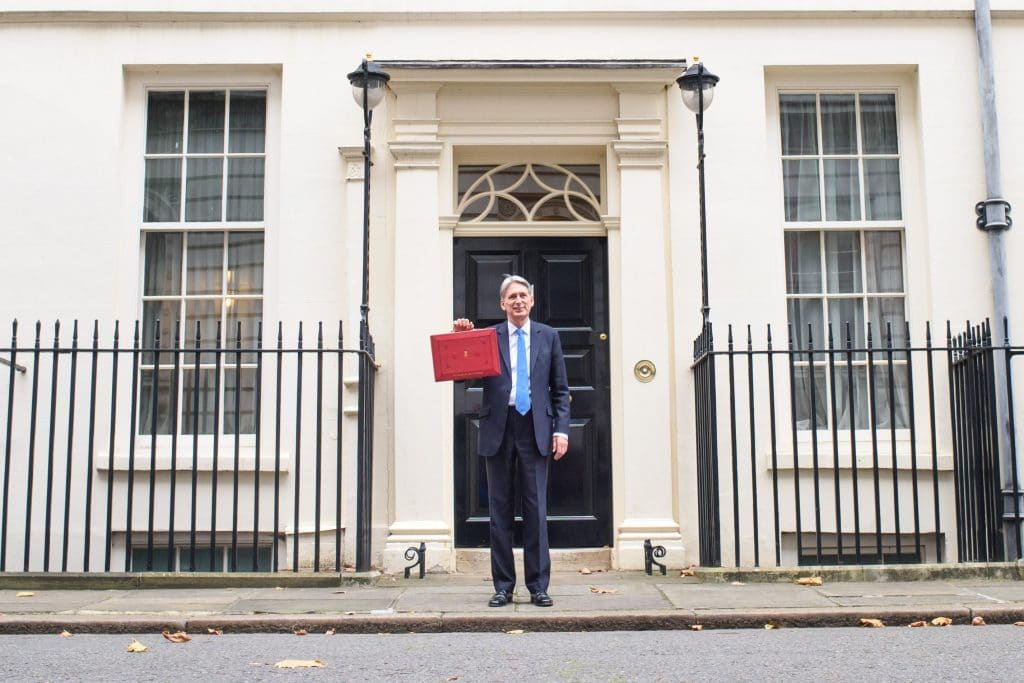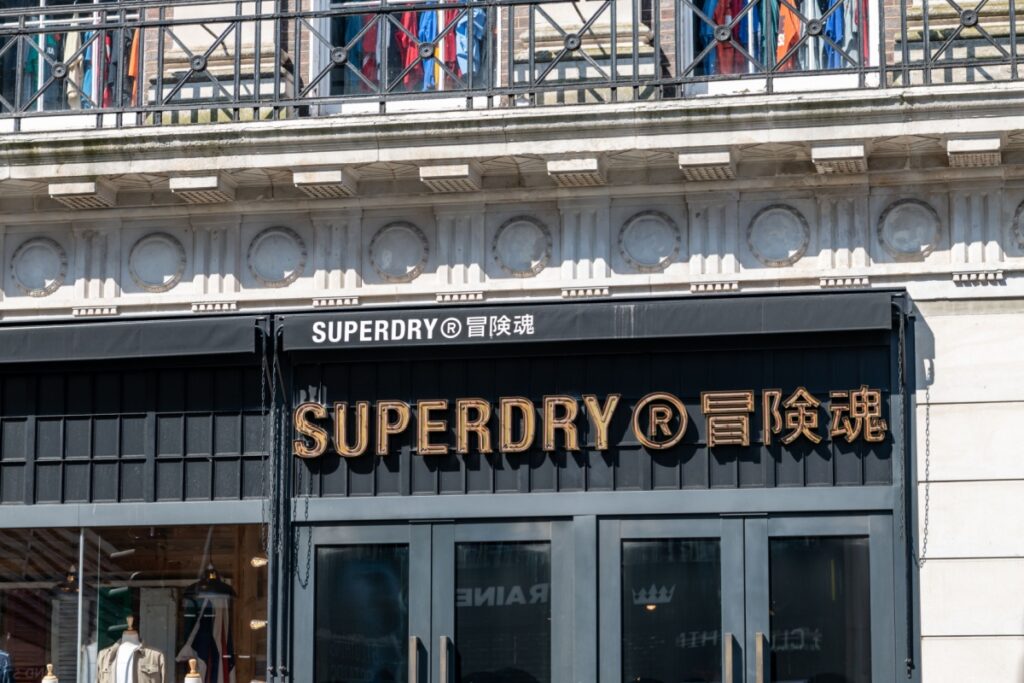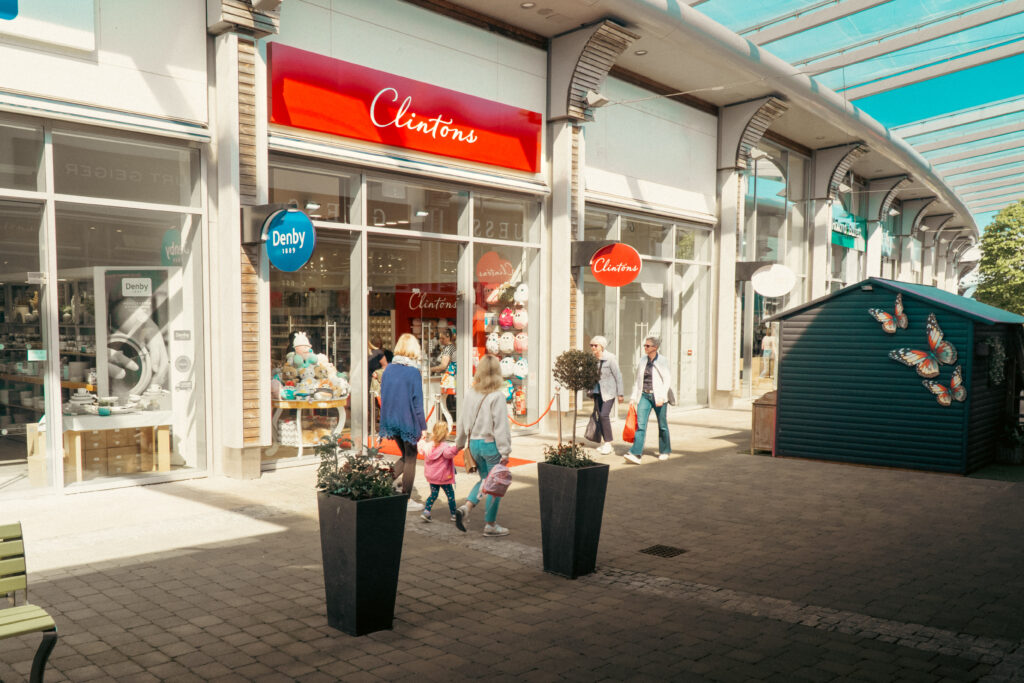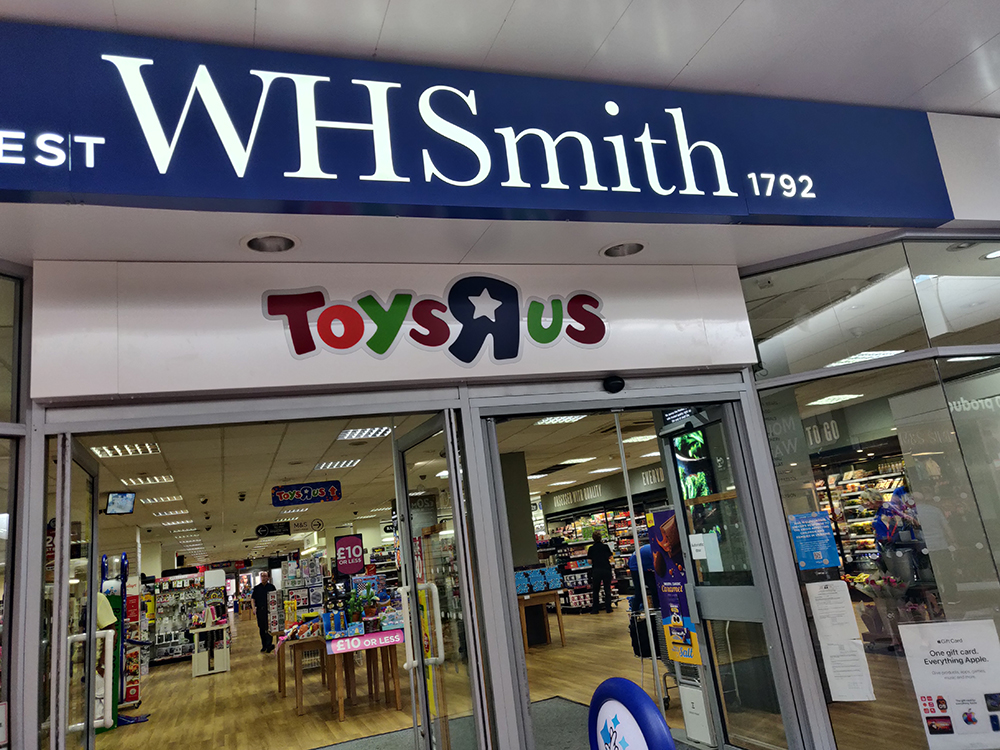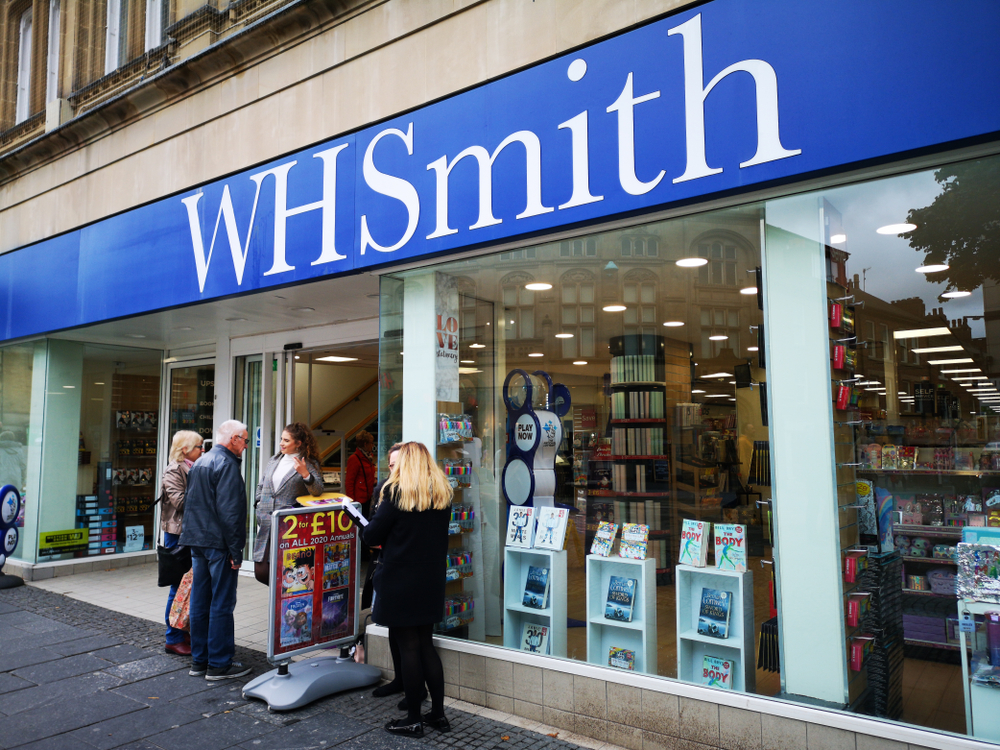Chancellor Philip Hammond has indicated his imminent Autumn Budget would “save the high street” with £900 million in business rates relief for nearly 500,000 small businesses.
The funding is expected to form part of a wider £1.5 billion package to support the UK’s struggling high street retailers.
The remaining £650 million in the package will help fund the transformation of high streets, transport and infrastructure improvements, building restorations, and potentially alter planning rules to allow shops to be converted into homes and offices.
Despite this, there are still calls for fundamental reform to business rates rather than the above measures, which critics have warned would not be enough.
Meanwhile, Hammond has been talking tough about the need for online giants, including retail behemoth Amazon, to pay their “fair share” of tax in the UK.
The Autumn Budget, which will be delivered in Parliament this afternoon, comes as the UK retail industry took a battering in recent months, with major retailers struggling as shoppers shift online and firms railing against rising business rates.
The business rates relief being offered by the Chancellor is reportedly aimed at around 496,000 small retailers and will knock a third off their bills.
While the rates relief is aimed at offering short-term help, the plan to revive town centres is aimed at having a long-term impact.
British Retail Consortium chief executive Helen Dickinson said the business rates announcements would not help the larger firms employing the majority of workers.
“While we hugely welcome the temporary support being given to small businesses, these measures alone are not sufficient to enable a successful reinvention of our high streets,” she said.
“Retailers are currently in the midst of a perfect storm of technology changing how people shop, rising public policy costs and softening demand.
“Struggling high streets require a broader outlook in order to thrive, particularly given the majority of the UK’s 3.1 million retail workers are employed in businesses that will not benefit from this announcement.
“The underlying issue remains that the business rates burden is simply too high and this unsustainable system needs less tinkering and more wholesale reform within the context of the wider taxation system.”
Federation of Small Businesses national chairman Mike Cherry said: “In the lead up to the budget, we’ve been urging the government to provide targeted support to struggling small firms on our high streets.
“This announcement shows the Chancellor has listened and this relief is a welcome step in getting the urgent help that all small businesses need.
“This fund will help keep high streets at the heart of our communities.”
Meanwhile, the CBI’s chief economist Rain Newton-Smith said the relief for small firms would be welcomed by many but the roots of the problems with business rates go deeper.
“There must be a wholesale review next year to deliver a system that encourages greater investment in digital, new technologies and energy efficiency,” she said.
Colliers International head of business rates John Webber said the £1.5 billion boost was “wide of the mark” and would not solve the bloodbath on the high street, in terms of store closures and job losses.
He highlighted how plans announced last week to close 50 Debenhams stores would bring the total amount of UK retail space lost in 2018 to 20.3 million sq ft, at total that includes 1500 stores and 38,000 jobs.
Webber said these were the worst figures for a decade.
He added that the Chancellor’s expected measures aim to help those businesses with a rateable value (RV) of up to £51,000, and give no concessions to those with a higher RV that is higher, which is what the big retailers fall under.
“It beggars belief that whilst businesses are set to face a £600 million business rates bill rise in 2019, £200 million of which will be paid by the retail sector, the Chancellor thinks it’s enough to purely offer a giveaway to businesses who in most cases already receive small business relief and to do nothing to help the big retail employers,” Webber said.
“The high street will still be ‘hamstrung’ by ineffective measures.”
Colliers International said 2018 has seen the highest number of store closures since Woolworths failed in 2018.
Toys R Us, Maplin, House of Fraser, Mothercare and Homebase, for example, have either gone into CVA or are set to close stores putting thousands of jobs at risk.
Click here to sign up to Retail Gazette‘s free daily email newsletter

